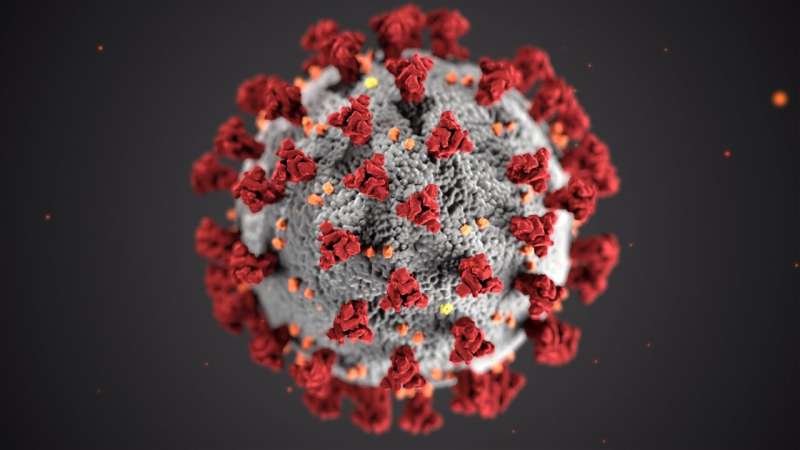COVID-19 Surge in California Driven by New 'Stratus' Variant Tied to Omicron

COVID-19 cases are rising quickly in California, driven by the new 'stratus' omicron subvariant, with health officials warning about ongoing community transmission and delayed vaccine rollout. Learn the latest updates from experts.
COVID-19 cases are once again rising rapidly in California, signaling a concerning trend for public health officials. Recent data from wastewater analysis in Los Angeles and Santa Clara counties shows increased concentrations of the virus, alongside a slight uptick in hospitalizations and outpatient cases. Infectious disease experts, such as Dr. Peter Chin-Hong from UC San Francisco, emphasize that the surge is occurring later than last year but remains significant.
The positivity rates for COVID tests in Los Angeles County have increased to 12.6% as of mid-August, up from 7.6% a month earlier, while Orange County reports a rate of 14.4%, rising from 8.1%. Regional health leaders predict an escalation in COVID-19 cases among children, driven by the back-to-school season. Emergency room visits for COVID-like illnesses among seniors are also on the rise.
A predominant factor in this resurgence is the emergence of the 'stratus' subvariant of COVID-19, classified as an omicron subvariant, which accounts for most of the variants detected in wastewater. Dr. Hudson notes that previous infections with other omicron variants may provide some protection, but reinfections remain possible.
Although this summer's COVID-19 activity appears less severe than last year's peaks, the ongoing wave reflects a notable rise in community transmission. Hospitalizations in L.A. County are approximately half of what was recorded during the same period last year.
Complicating the situation is the delay in the federal rollout of the updated COVID-19 vaccine for fall, attributed to policy changes and licensure uncertainties. Health officials in California warn that the availability and timing of new vaccines may be later than usual, potentially impacting vaccination rates.
Given these developments, experts recommend that individuals at higher risk—such as those over 65, immunocompromised persons, pregnant women, and young children—consider getting vaccinated promptly. The vaccines are believed to still offer protection against severe illness, though the decision to vaccinate should be discussed with healthcare providers.
The delay and policy shifts reflect broader debates within the medical community about vaccine safety and effectiveness. Despite these challenges, vaccination remains a critical tool in preventing severe COVID-19 outcomes. Health authorities urge the public to stay informed about updates and to continue practicing preventive measures.
For more information, source: Medical Xpress
Stay Updated with Mia's Feed
Get the latest health & wellness insights delivered straight to your inbox.
Related Articles
Can the Apple Watch Detect High Blood Pressure? What You Need to Know
Discover how the new Apple Watch Series 11 aims to detect high blood pressure through cuffless technology and understand its limitations and potential for early diagnosis.
Enhancing Noninvasive Brain-Computer Interfaces with AI Co-Pilot Technology
UCLA researchers have created a noninvasive brain-computer interface system using AI as a co-pilot to interpret neural signals, enabling faster and more accurate control of robotic devices for individuals with movement disabilities.
Innovative Temporal and Noise-Resilient Methods Enhance Cardiovascular Imaging Accuracy
Discover how Hong Kong researchers have developed MemSAM, an AI model that improves echocardiography image segmentation by addressing noise and temporal consistency challenges, revolutionizing cardiovascular diagnostics.
New Research Uncovers How Tirzepatide and Semaglutide Differ in Their Metabolic Effects
Animal studies reveal that tirzepatide temporarily increases energy expenditure, while semaglutide initially decreases it, offering new insights into obesity treatment mechanisms.



